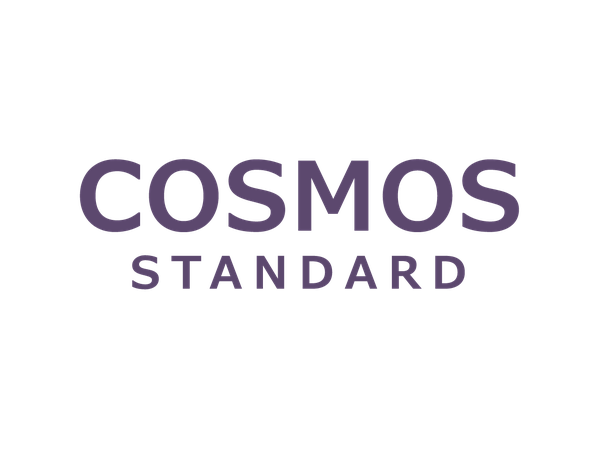In a significant development for the organic cosmetics industry, the COSMOS certification has emerged as a game-changer, setting new standards and ensuring transparency and authenticity in the production and labeling of organic cosmetics. With consumers increasingly seeking natural and organic options for their beauty and personal care products, the COSMOS certification has become a trusted symbol of quality and integrity.
The COSMOS (COSMetic Organic Standard) certification is a global certification program established by five leading European organic and natural cosmetic associations: BDIH (Germany), COSMEBIO & ECOCERT (France), ICEA (Italy), and SOIL ASSOCIATION (UK). This collaboration aims to harmonize and standardize the requirements for organic and natural cosmetics, providing clear guidelines for manufacturers and reassurance for consumers.
Under the COSMOS certification, companies are required to meet stringent criteria and adhere to strict principles throughout the entire value chain, including sourcing of raw materials, manufacturing processes, packaging, and labeling. These principles encompass:
Use of Organic and Natural Ingredients: COSMOS-certified products must contain a high proportion of organic and natural ingredients, obtained through environmentally friendly processes. Synthetic materials are restricted, and certain chemical compounds, such as parabens, phthalates, and GMOs, are strictly prohibited.
Environmental Responsibility: The certification emphasizes sustainable practices, promoting the conservation of natural resources, reduction of waste and emissions, and the use of renewable energy sources. Companies are encouraged to adopt eco-friendly packaging and minimize their environmental footprint.
Ethical Sourcing and Fair Trade: COSMOS certification promotes fair trade practices and encourages companies to source ingredients from suppliers that adhere to ethical standards, ensuring the welfare of farmers, workers, and local communities involved in the supply chain.
Manufacturing and Processing: The certification requires manufacturers to employ environmentally conscious manufacturing processes, including energy-efficient production methods and the use of environmentally friendly solvents. It also prohibits animal testing.
Transparent Labeling: COSMOS-certified products must display clear and accurate labeling, providing consumers with information about the product’s organic content, origin of ingredients, and any potential allergens present. This transparency empowers consumers to make informed choices.
The COSMOS certification has gained international recognition and is increasingly adopted by companies committed to producing organic cosmetics. Consumers worldwide are now able to identify and trust products displaying the COSMOS logo, ensuring that their choices align with their values of sustainability, naturalness, and environmental consciousness.
Industry experts believe that the COSMOS certification will not only benefit consumers but also drive innovation and encourage the development of more sustainable practices within the cosmetic industry. As demand for organic and natural cosmetics continues to rise, the COSMOS certification sets the bar high, pushing manufacturers to prioritize environmental responsibility and meet the evolving expectations of conscious consumers.
With the COSMOS certification leading the way, the future of the organic cosmetics industry looks promising, offering consumers a wider range of authentic and sustainable options for their beauty and personal care needs.
Stay tuned for more updates on the COSMOS certification and its impact on the cosmetics industry.
Post time: Apr-23-2024
